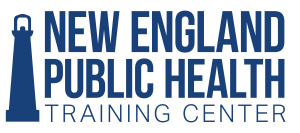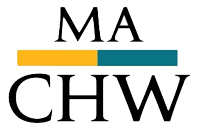

- This event has passed.
MACHW Workshops: Self Care, Caring for Ourselves and Others
May 6, 2021 @ 10:00 am - 11:30 am EDT
Who is caring for the caretaker?
Join us as we explore self care strategies for demanding times.


This MACHW interactive workshop series aims to support CHWs as they strive to serve their clients during these challenging times. The workshop formats will include expert panels, Q and A, and case studies on critical issues from across Massachusetts.
In this workshop, we explore the Stress First Aid (SFA) model based on five evidence-informed factors that help people recover from stress and adversity. These include the need for safety, calm, connection, sense of competence or self-efficacy, and hope.
Stress First Aid (SFA) provides a framework for psychological peer support, with a set of supportive actions designed to promote self-care and coworker support. The overarching aim of SFA is to identify and mitigate the negative impacts of stress at work before they impair staff health and well-being.
At the end of the workshop, participants will be able to:
- Explore evidence informed strategies to increase self efficacy, promote self care and mental wellness
- Begin to understand and utilize resiliency practices and Stress First Aid
- Define empathy and compassion, how they differ and what gets in their way
- Describe what makes us strong and what makes us vulnerable as caregivers
- Better understand what takes place in our mind and body when we experience stress
Subject matter experts
Beth Lown, MD
Chief Medical Officer of the Schwartz Center for Compassionate Healthcare
Associate Professor of Medicine, Harvard Medical School, Boston, MA
Clinician-Educator, Mount Auburn Hospital, Cambridge, MA
Lissette Blondet
Director, Massachusetts Association of Community Health Workers (MACHW)
Jamie Berberena
Community Health Worker
Regional Chapter Leader in Southeastern MA for MACHW
MACHW Advisory Board Member
Areliz Barbosa
Community Health Worker
Regional Chapter Leader in Western MA for MACHW
Acknowledgement:
This project is supported by the Massachusetts Department of Public Health
This project is/was supported by the Health Resources and Services Administration (HRSA) of the U.S. Department of Health and Human Services (HHS) under grant number UB6HP31685 “Regional Public Health Training Center Program”. This information or content and conclusions are those of the author and should not be construed as the official position or policy of, nor should any endorsements be inferred by HRSA, HHS or the U.S. Government
